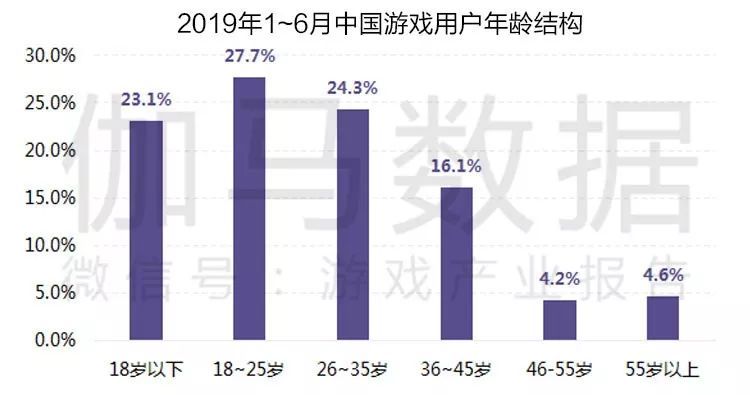When China introduced its harshest regulation to sway teenagers from video games, not many people expected it to have a huge impact on elderly players. Under the latest regulation, some of these older citizens have found that their accounts would frequently trigger facial recognition to check if somebody else (likely their grandchildren) is using their identity to get around the age restriction system. If the system believes an account is registered using a false identity, it would even tag these accounts as ‘suspicious’ and impose even more frequent facial checks, before eventually forcing these players to follow the new age restriction mandate, i.e. only play games 3 hours a week.
online card games and mahjong are popular among elderly gamers, the new age restrictions mandate applies to these games too
The number of elderly players is becoming larger than ever. According to Global Web Index, players aged between 55 and 64 have increased 32% since 2018 on a global scale. The same trend was also observed by Gemma Data, a Chinese research institute that specializes in the gaming industry. In their 2019 semi-annual report, it was revealed that 4.6% of the active players in China were over 55 years old, accounting for 25 million of the gaming population.
Gamers aged 55 above has a considerable size in Mainland China (Source: Gemma Data)
Industry experts admit that the elderly is still considered a very niche demographic. There has not been a clear user profile for this group, and most of the developers would agree that elderly gamers are diverse in nature. Developers believe that a game specifically targeting the elderly would be hard to achieve, and even if one could create such a game, it would hardly generate enough profit to incentivize further operation. All in all, elderly people are a group of players that have their own characteristics and needs but are often overlooked.
The 83 years old Yang Binglin is a famous gamer in the community, but this type of gaming image is less celebrated in the mainstream media
Sometimes, social stereotypes can make the situation even worse. In China, elderly people are often seen as a subsidiary of their grandkids, that they’re probably not very keen on technology and modern entertainment, and would be setting up gaming accounts only to spoil their grandkids with in-game purchases. Recently, the screenshot of a 60 years old player who recorded a ‘Penta-Kill’ in Tencent’s Honor of Kings at 3am went viral on Chinese social media. Netizens had insinuated that this was very likely to be a case of a grandkid ‘borrowing’ their grandma’s ID to bypass the regulation.
Later, Tencent released a statement that this account was initially detected with its ‘unusual activity, but after 17 successful facial recognitions, Tencent concluded the account is operated by the 60 years old lady herself. The statement stirred up discussions on why society would view the elderly playing at 3am as ‘abnormal’, and why there is such hostility towards them. Additionally, are these facial checks a serious violation of privacy?
Tencent took 3 days to confirm that the suspicious account is managed by the elderly gamer herself
It should not come as a surprise that the elderly gaming demographic will continue to grow. The first generation that grows up with video games is already turning into their fifties, but the market for elderly players still seems bleak. With the recent restriction on underage gamers in China, perhaps it is time for the industry to re-evaluate its focus, and maybe focus more on the ever-growing elderly gaming community.
